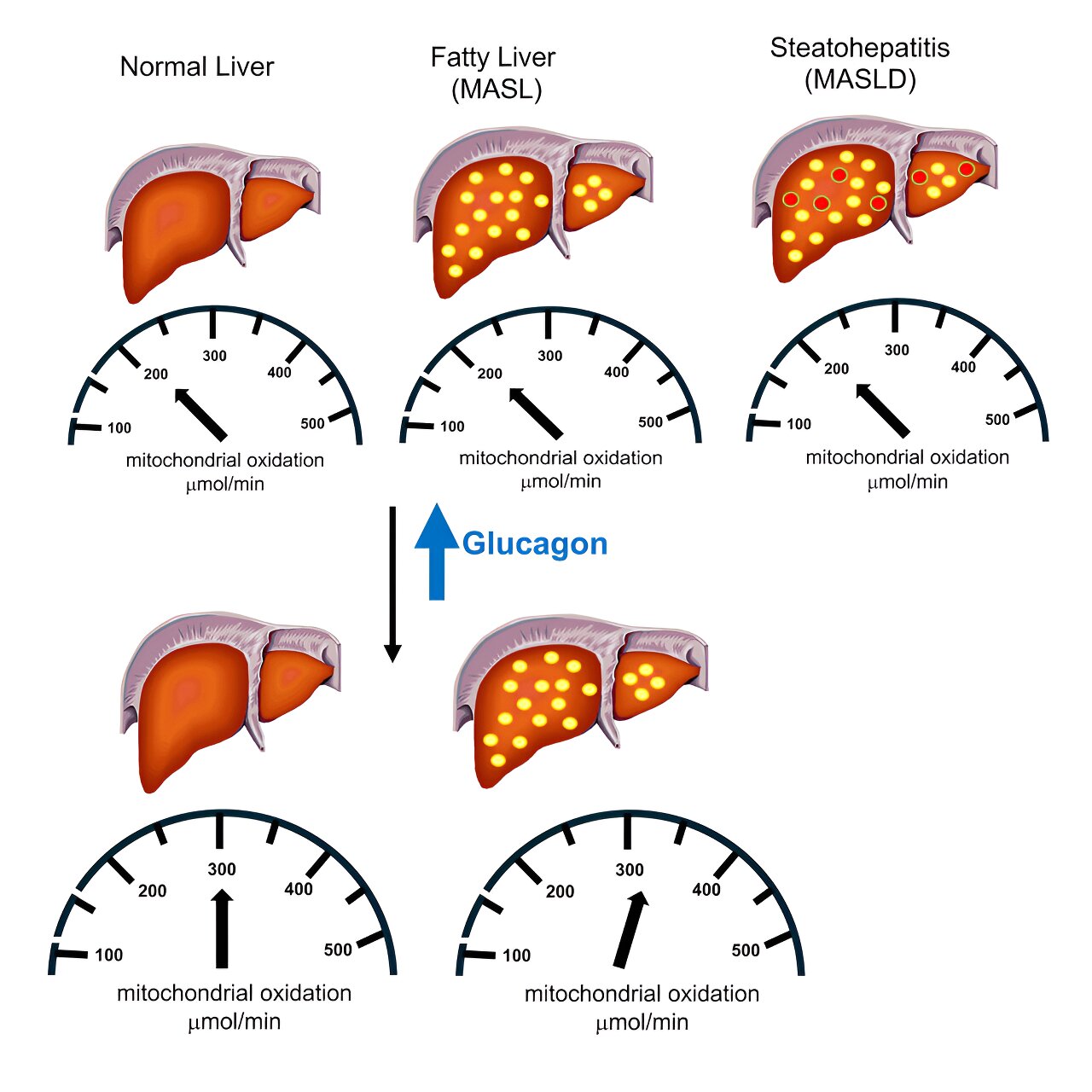The highly selective RET inhibitor pralsetinib was well-tolerated and demonstrated robust, durable responses in patients with RET fusion-positive cancers regardless of tumor type, according to results from the international Phase I/II ARROW trial led by researchers at The University of Texas MD Anderson Cancer Center.
The study results, published today in Nature Medicine, showed an overall response rate of 57% and a disease control rate of 83% in 23 patients with a range of cancer types. These findings build upon positive results previously reported in RET-altered non-small cell lung cancer (NSCLC) and thyroid cancer, suggesting the targeted therapy may offer tissue-agnostic benefits to patients with RET fusions.
“We’ve had an explosion in clinical next-generation sequencing that allows us to understand shared biomarkers across multiple tumor types, and this study was important to determine if RET fusions are actionable across cancer types,” said corresponding author Vivek Subbiah, M.D., associate professor of Investigational Cancer Therapeutics. “We observed responses regardless of tumor type, prior therapy or gene fusion partner. These data validate RET as a tissue-agnostic target with sensitivity to RET inhibition.”
RET fusions occur when a piece of the chromosome containing the RET gene is broken and rejoined with another chromosome, creating a fusion protein that fuels the cancer. RET alterations are most common in medullary thyroid cancers, papillary thyroid cancers and NSCLC, but they occur infrequently in many other tissue types.
Based on earlier results from this trial, the Food and Drug Administration approved pralsetinib as a treatment for RET fusion-positive NCLSCs in September 2020 and for advanced RET-altered thyroid cancers in December 2020.
To determine if the therapy provided benefit beyond NSCLC and thyroid cancers, the open-label, single-arm study also enrolled patients with diverse RET fusion-positive solid tumors. Common cancers in this cohort included pancreatic cancer, cholangiocarcinoma, neuroendocrine tumors and sarcoma.
The study enrolled 29 patients with 12 different cancer types. Of these, 23 patients were able to be evaluated for efficacy based on data cut-off dates and pre-specified evaluation criteria. The median age of these patients was 53 years; 14 (61%) were female. Racial demographics were 65% white, 30% Asian and 4% Black. Most patients had metastatic disease (87%) and received prior therapies for their cancer (87%).
Of these, three patients (13%) had a confirmed complete response and 10 (43%) had a confirmed partial response. The median duration of response was 11.7 months, the median progression-free survival was 7.4 months, and the median overall survival was 13.6 months.
Treatment-related side effects were observed in 25 patients (86%), and 20 patients (69%) experienced grade 3 or higher adverse events. The most common side effects were increased levels of the liver enzymes aspartate transaminase and alanine transaminase, and decreased levels of white blood cells (neutropenia). A total of 17 patients (59%) had short-term dose interruptions and 13 patients (45%) had permanent dose reductions due to side effects.
“Although RET fusions are extremely rare beyond lung and thyroid cancers, these patients need effective therapies,” Subbiah said. “These findings demonstrate the potential for RETinhibitors to benefit patients across tumor types and show the power of precision medicine to match patients to the right targeted therapy based on the unique features of their cancer.”
Going forward, Subbiah and his colleagues will focus on RET inhibitor resistance mechanisms in order to potentially further improve outcomes for patients with RET alterations. His team already has begun to identify resistance pathways and is working to develop novel therapeutic approaches.

